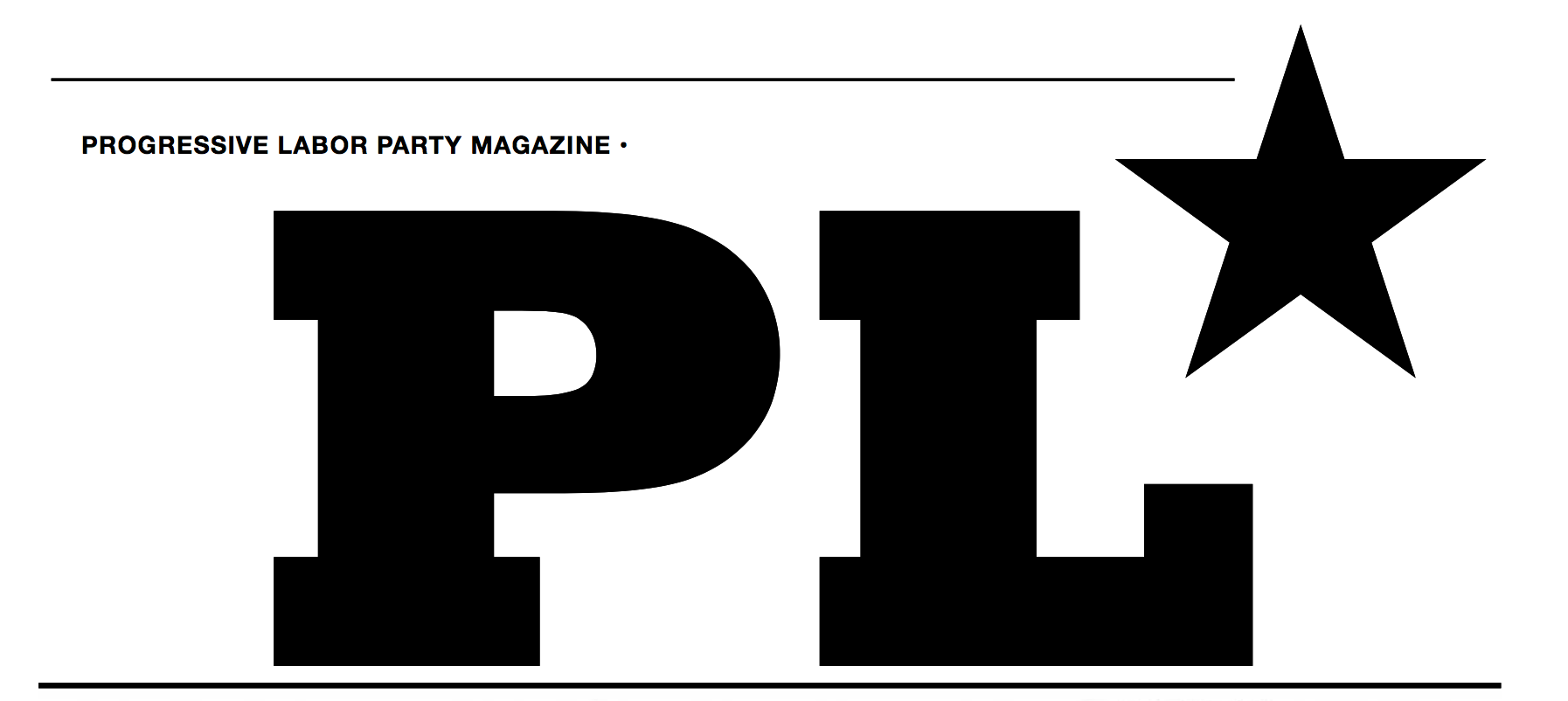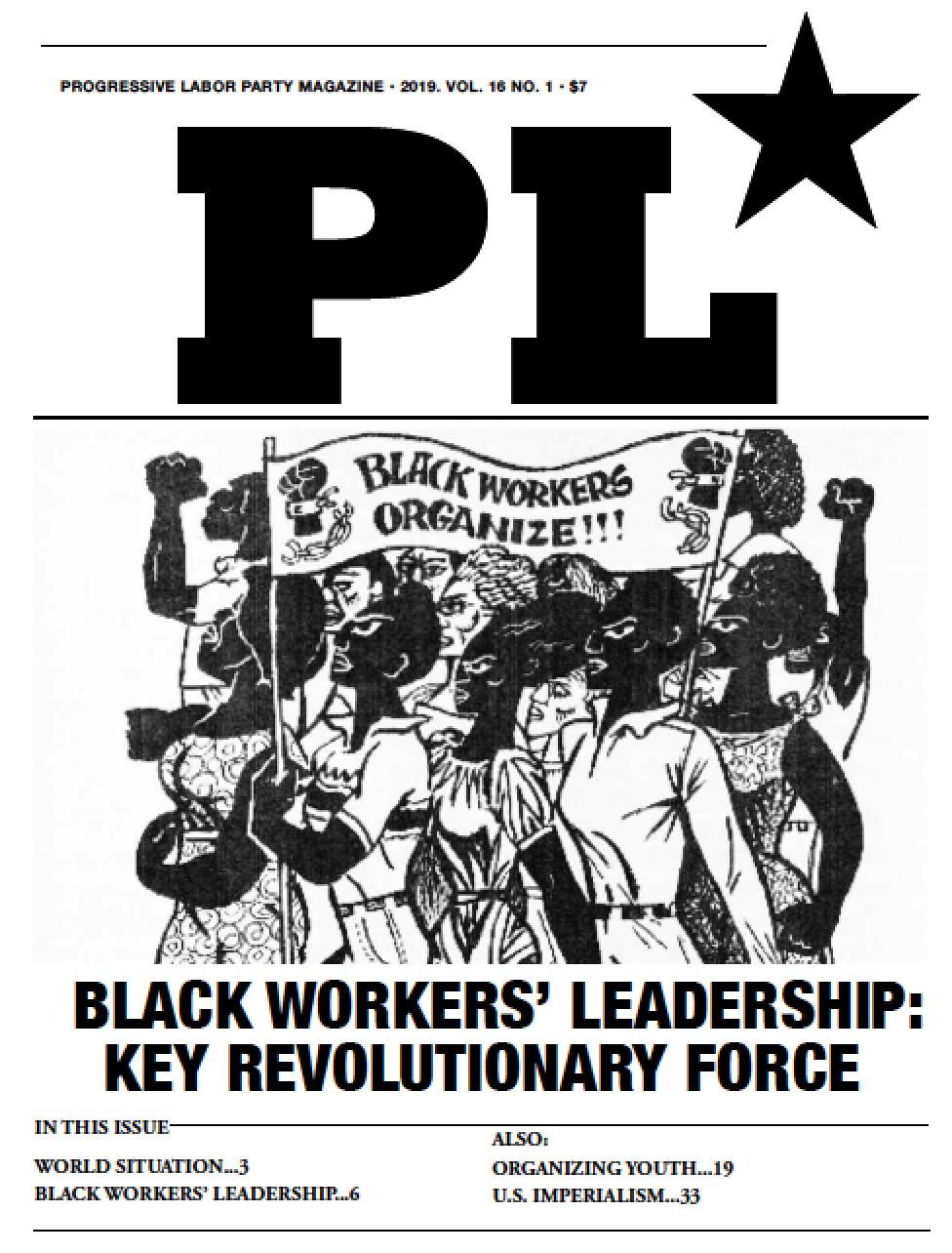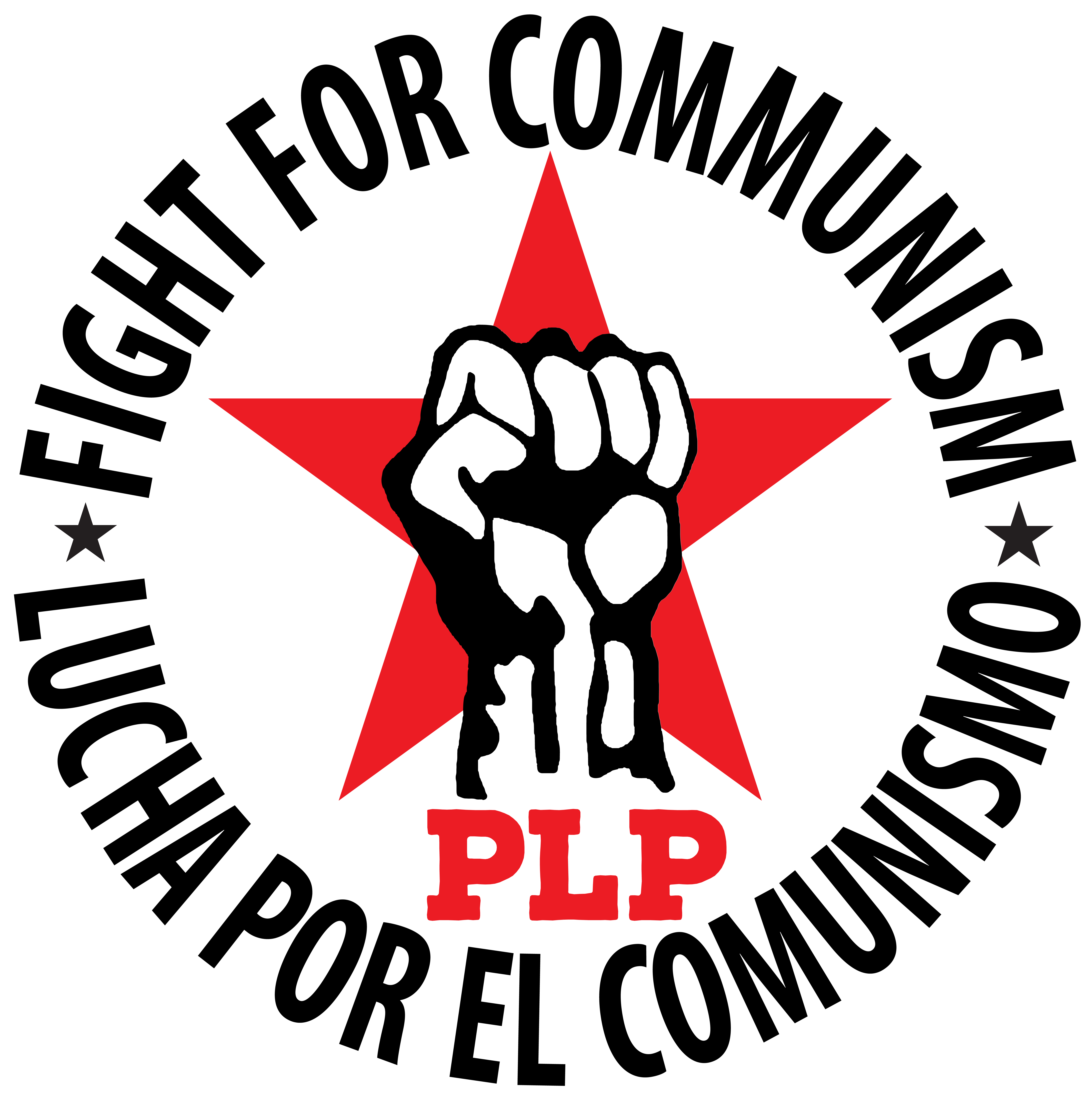PL Panel Makes the Case for Communism
 Wednesday, October 31, 2012 at 3:37PM
Wednesday, October 31, 2012 at 3:37PM WASHINGTON, DC — Four friends of PLP and a veteran PL’er developed a panel on communism for the October 6-7 Public Anthropology Conference, which PL’ers have attended before. It “brings together professional anthropologists and archaeologists, public health professionals, social justice activists, community organizers, filmmakers and educators to discuss new approaches to progressive political action.”
This year’s theme was “Does Government Matter?” Our panel explored “What Would a Communist Government Do?” We gave short talks on public health campaigns in China, the treatment of African Americans in the USSR and Soviet art and education.
We planned, discussed and researched our panel for four months. In mid-June, the veteran PL’er first brought the call for papers to two younger PL study-group participants. The latter eventually produced two possible ideas for a panel: explaining how the economic system determines what the government does; or positive advances toward social justice which communist governments have made (and could make again).
The first idea seemed easier and probably more acceptable since we’d only describe the problems with government under capitalism — also a starting point for many anarchists and Occupy activists. However, the second idea could provoke more questions and discussion, and challenge our group to become more knowledgeable about past communist movements. We decided on the latter.
Our veteran PL’er introduced our two PL study-group friends to a third, who’s active in the Occupy DC Labor Committee. These three — a student, a library worker and a teacher — led in planning the panel and writing presentations. During study groups and PLP city committee meetings, others suggested subtopics and sources. The panelists chose from these suggestions, focusing on health, racism, culture and education.
We overcame distance and work-schedule difficulties through phone-calling, e-mails and private social media to arrange planning. In late August, the panel began meeting face-to-face to share research and discuss the panel’s structure. This covered many topics as we got to know each other, especially when one panel member asked the others why they hadn’t joined PL. We discussed personal challenges — shyness, low energy, demands on our time like children and family — as well as doubts about the Party, criticisms of CHALLENGE and philosophical questions about communism.
After our first meeting, a fourth young friend (a study-group regular) joined the panel and offered his house to meet in. Inspired by his visible passion for communist ideals, the other panelists asked him to introduce the panel with an explanation of communism.
That meant that first we had to answer this question ourselves: what is communism? We also had long talks about the conference theme, “Does Government Matter?” We asked ourselves and eventually our audience: what should a government do? Whom does it serve? What should motivate it?
Our presentations drew from our personal interests and the research material we found. The health panelist focused on the Barefoot Doctors Movement and elimination of syphilis in China, because of the similarities to the anti-HIV campaigns she’s been involved in.
The racism panelist researched the positive experiences in the Soviet Union of African American writer Langston Hughes and singer-actor Paul Robeson. Her interest in culture led her to explore Soviet propaganda and art, particularly films like her favorite, “Battleship Potemkin.” This fit her anti-racist topic because Hughes traveled to the USSR to make a Soviet film about African Americans.
The third panelist researched education in the USSR: how it differed from czarist religious education; how manual work and practical skills were part of the school day; and how minorities within Russia were taught first in their native languages. This panelist knows from her own work experience and specialty that this is the best way to develop knowledge, literacy and eventually to learn other languages.
We deliberately avoided presenting China and the USSR as perfect societies, but rather to show their positive advances that aren’t mentioned in mainstream U.S. media.
The conference’s selection panel combined ours on communism with another on institutionalism. The original proposal was a debate between the two. Therefore, these two panels had to coordinate with each other and share space and time. As it turned out, our “What Would a Communist Government Do?” panelist spoke, followed by a short talk about communism and the importance of a party from our veteran PL’er. Then came an explanation of institutionalism and a critique of communism, from the institutionalist on the second panel.
A half-hour discussion with audience members followed, which one of our panelists opened, stating we wanted to hear directly from them. The chairs were arranged in a circle so everyone could see each other. About 30 people participated, including many friends we had invited, along with presenters from other panels, academics and students.
Responses to communism were generally curious, not hostile. Many questioned whether the old communist movements of China and Russia were too authoritarian, and whether horizontal-style organization favored by Occupy would attract more people.
The institutionalist critique gave us opportunities to address misconceptions about communism, like thinking the “dictatorship of the proletariat” meant “anyone who cannot work would go hungry.” Communism means distribution based on need: people receive food, clothing, housing and health care regardless of how much they can work. The dictatorship of the proletariat means the working class will run society, not capitalist business owners.
The audience’s open response encouraged us to be more straightforward about communism. It’s clear that at least some students and academics are ready to go beyond merely detailing the evils of capitalism; they want to know the alternative, so we should be prepared for such conversations.
At least one member from our panel attended another event. But most outcomes of this panel are internal: the knowledge gained by the four panelists, confidence in speaking on these topics and comradely relationships built working with one another. Our major weakness was failure to get more friends involved who’ve been active with the Boycott Wells Fargo campaign and Occupy DC, and could have contributed and benefitted from our planning and research discussions.





 Progressive Labor Party (PLP) fights to destroy capitalism and the dictatorship of the capitalist class. We organize workers, soldiers and youth into a revolutionary movement for communism.
Progressive Labor Party (PLP) fights to destroy capitalism and the dictatorship of the capitalist class. We organize workers, soldiers and youth into a revolutionary movement for communism.




Reader Comments